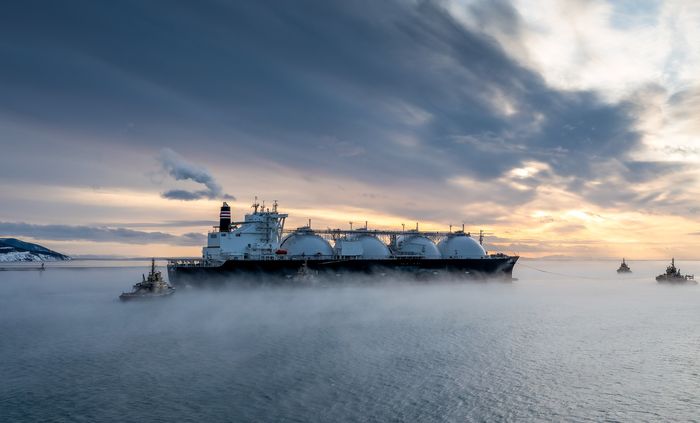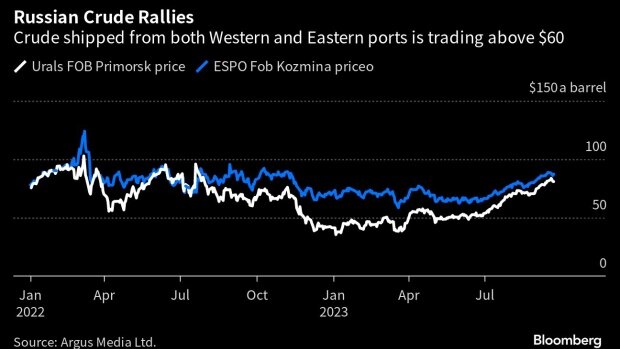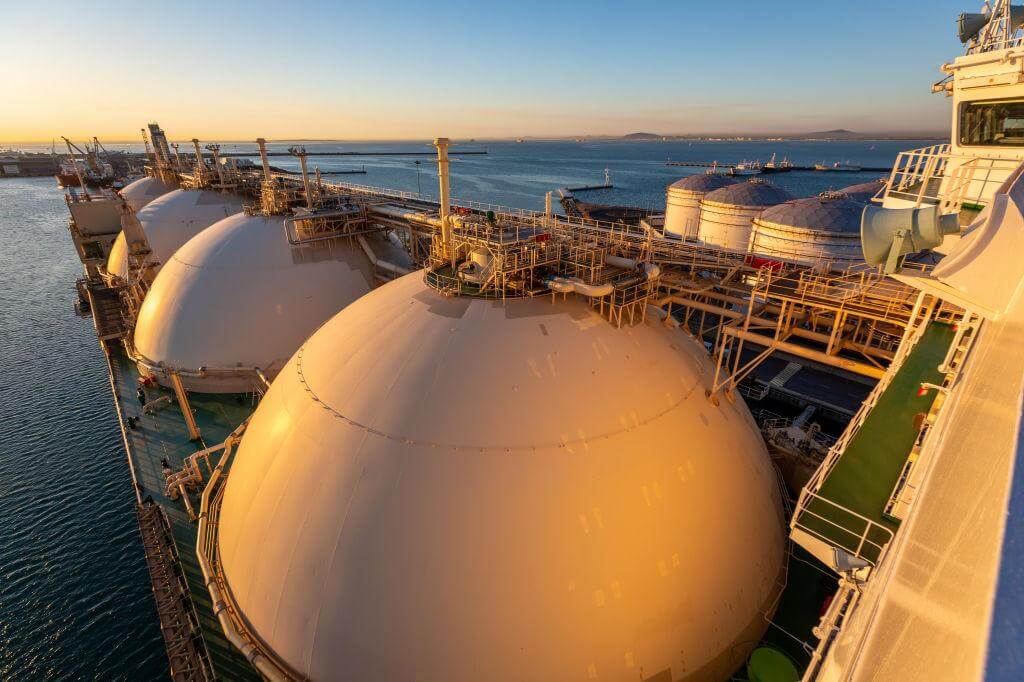For the shipping of its oil, Russia still depends on Europe

26th September 2023
Overview: Russia’s Oil Shipping & Europe
As the global energy landscape continues to evolve, Russia finds itself in a complex and paradoxical situation. Despite being one of the world’s leading oil producers, the country still relies heavily on European nations for shipping its oil to international markets. This surprising dependence highlights the intricate web of economic, political, and logistical factors at play in the energy industry.
Russia, with its vast reserves of oil, has long been a major player in the global energy market. It ranks among the top oil producers in the world, alongside countries like Saudi Arabia and the United States. The significance of the Russian oil industry is not limited to its domestic economy; it also has far-reaching international implications.
While Russia has the capacity to extract and refine massive quantities of oil, it faces significant challenges when it comes to transporting this valuable commodity to global consumers. The majority of Russia’s oil exports are transported via pipelines, with a substantial portion of these pipelines directed toward Europe. This dependence on European transit routes has significant implications for both Russia and Europe.
One of the primary reasons Russia relies on Europe for shipping its oil is its geographical proximity. Russia’s vast landmass extends deep into Eurasia, and the most cost-effective and efficient means of transporting oil is often through pipelines that lead to European markets. The Druzhba pipeline, for example, stretches over 4,000 kilometers, connecting Russian oilfields to consumers in Europe.
While pipelines are a reliable mode of transportation, they can also be a double-edged sword. The dependence on a network of pipelines that traverse multiple countries makes Russia vulnerable to geopolitical tensions and disputes. Recent events, such as the Nord Stream 2 pipeline controversy, have demonstrated how political considerations can impact the flow of Russian oil to Europe.
The Nord Stream 2 pipeline, which would have delivered natural gas from Russia to Germany directly under the Baltic Sea, became a source of contention between Russia, Europe, and the United States. It highlighted how political disputes can disrupt the flow of Russian energy resources to European markets, raising concerns about Europe’s energy security and Russia’s reliance on these transit routes.
Furthermore, Russia’s dependence on European transit routes makes it susceptible to sanctions. In response to Russia’s actions in Ukraine, Western countries, including the European Union and the United States, have imposed economic sanctions that have targeted Russia’s energy sector. These sanctions have not only affected Russia’s economy but have also raised concerns about the stability of European energy supplies.
Europe, on the other hand, benefits from its role as a transit hub for Russian oil. European countries receive substantial revenue from transit fees, and the availability of Russian oil helps diversify their energy sources. However, this dependence on Russian energy resources also exposes Europe to geopolitical risks, as any disruptions in the flow of Russian oil can have significant economic and energy security consequences.

To reduce its vulnerability to geopolitical tensions and sanctions, Russia has explored alternative means of exporting its oil. One such initiative is the Eastern Siberia-Pacific Ocean (ESPO) pipeline, which diversifies Russia’s export routes by delivering oil to the Asia-Pacific region, particularly China. The ESPO pipeline has allowed Russia to reduce its reliance on European markets to some extent and tap into the growing demand for energy resources in Asia.
Nevertheless, Europe remains a critical destination for Russian oil exports, and finding alternative markets that can match Europe’s capacity and willingness to import Russian oil is a challenging task. Moreover, diversifying export routes requires significant investments in infrastructure and may take years to establish fully operational alternatives.

As Russia continues to navigate the intricate landscape of the global energy market, it must balance its energy export strategy with the changing geopolitical dynamics and economic realities. Europe, too, faces the challenge of securing its energy supplies while minimizing its dependence on Russia. This delicate dance between energy supplier and transit nation underscores the complexities of the global energy trade.
In conclusion, Russia’s heavy reliance on Europe for shipping its oil highlights the intricate interplay of economic, political, and logistical factors in the energy industry. While Russia possesses vast oil reserves and production capabilities, it continues to depend on European transit routes for exporting its oil to international markets. This dependence exposes both Russia and Europe to geopolitical risks and challenges that require careful consideration and strategic planning in an ever-evolving global energy landscape.
Click here to join our Telegram chanel
You will get information, news, and support related to Merchant Navy.
